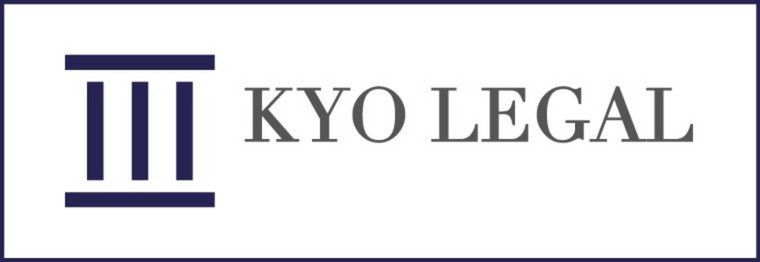
Landmark Climate Accountability Case: Shell and Emission Reductions
On November 12, 2024, the Court of Appeal in The Hague delivered its decision on Shell’s appeal against the landmark 2021 District Court ruling on carbon emissions. The initial judgment was celebrated as a critical milestone in environmental accountability, highlighting the essential responsibility of corporations in combating climate change.
Initial Decision (May 2021)
On April 5, 2019, the environmental organization Milieudefensie and several NGOs, supported by over 17,000 citizens, filed a lawsuit against Shell in The Hague District Court. They claimed Shell’s contributions to climate change violated Dutch law and human rights obligations, demanding that Shell cut its CO2 emissions by 45% and achieve net-zero emissions by 2050, aligning with the Paris Climate Agreement.
This lawsuit was based on the precedent set by the Urgenda case, which established the Dutch government’s duty of care in addressing climate change. The plaintiffs extended this argument to private corporations like Shell, citing Dutch tort law and international human rights principles.
Shell contested the lawsuit, claiming no clear legal obligation mandated emission reductions of the demanded scale.
Hearings occurred in December 2020. On May 26, 2021, the Hague District Court ruled that Shell must reduce its global emissions by 45% by 2030 relative to 2019 levels. The court highlighted Shell’s partial responsibility to prevent dangerous climate change and emphasized the company’s duty of care under Dutch law and human rights principles. Shell was required to act immediately, even as it appealed the decision.
Shell appealed the 2021 decision on July 20, 2022.
Appeal Decision (November 2024)
On November 12, 2024, The Hague Court of Appeal upheld the decision that Shell has a legal duty of care to mitigate dangerous climate change, as derived from Dutch tort law and interpreted in light of international human rights, EU climate law, and global agreements. However, it overturned a key aspect of the lower court’s 2021 ruling, deciding not to impose a specific obligation to reduce emissions by 45% due to a lack of scientific consensus on precise company-level obligations under climate models.
While not central to the case, the Court implied that investing in new fossil fuel projects could conflict with Shell’s duty of care, underscoring the tension between business practices and climate responsibilities.
The court affirmed that corporations hold legal responsibilities to combat climate change but left room for flexibility, citing sectoral differences and market complexities.
Why is this decision important?
This case and its proceedings are of key importance due to the fact, that both courts emphasized the connection between climate change and human rights. The decisions highlighted that companies must account for how their emissions impact fundamental rights to life and a healthy environment.
The Hague Court of Appeal also confirmed the existence of Corporate Climate Responsibility where Shell and similar companies bear legal obligations to align with global climate goals.
What does this mean for Businesses and Society?
This case highlights the growing use of legal action to hold corporations accountable for their role in climate change. The ruling against Shell emphasizes how human rights law is increasingly shaping corporate responsibility, particularly in relation to climate strategies. While the Court of Appeal did not impose a specific reduction target, the ruling still sends a clear signal to businesses.
It suggests that companies are under growing pressure to align their operations with international climate goals and take proactive steps toward reducing emissions in order to avoid future legal consequences.
What is Next?
While Milieudefensie may appeal and head to the Dutch Supreme Court, this case is a wake-up call for industries worldwide to prepare for greater scrutiny of their climate actions and strategies.
For More Information; info@kyolegal.com & richard.simo@kyolegal.com
